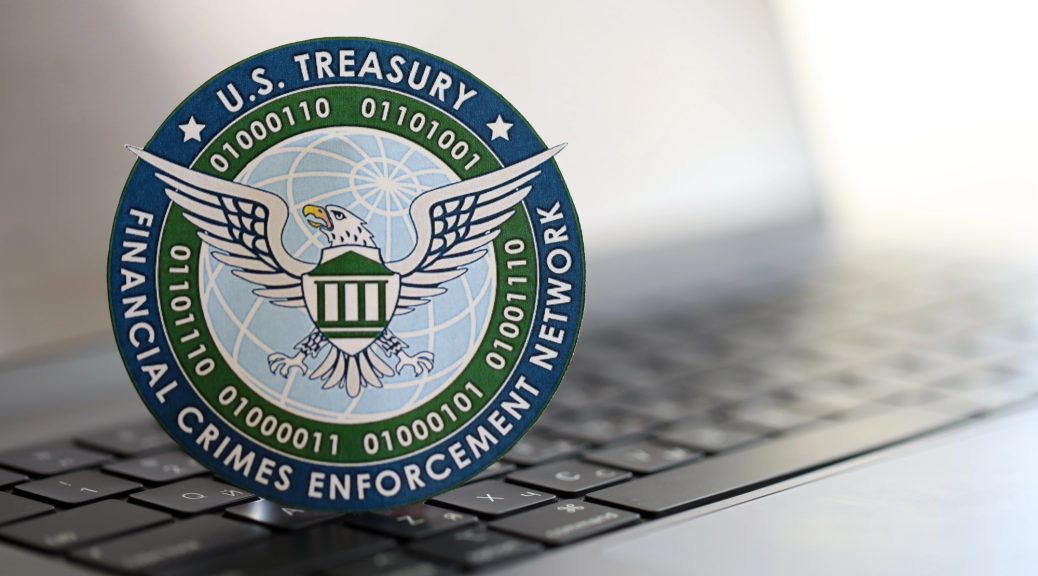October 8, 2024 was a bellwether date for those waiting on a court to clarify whether the statutory requirement for filing BOI Reports sits on solid ground. It was on October 8, 2024 when the oral argument in the pending Eleventh Circuit appeal from Small Bus. United d/b/a Nat’l Small Bus. Ass’n v. Janet Yellen, Case No. 5:22-cv-01448, Dkt. No. 52 (N.D. Ala. Mar. 1, 2024) was released to the public.
Given the tempo and questions raised during this September 27, 2024 hearing, reporting companies can now reasonably assume there is likely no longer any reason to delay filing their BOIR Report based on any perceived lack of judicial clarity. Before the end of the year – the deadline for over 30 million reporting companies, subject companies should likely file their BOI Report because there is no Judge that will likely remove that obligation.
While it is never easy to predict which way the judicial winds blow, it seems likely the Eleventh Circuit will at least remand the Alabama decision for further review of the Fourth Amendment argument raised during that hearing – something not touched upon by the court below, if not just rule outright for reversal. The appellee raised the Fourth Amendment argument because federal, state, local and foreign law enforcement can access BOIR data without the need for a Court Order. Overall, the Judges – especially the Honorable Andrew L. Brasher who was appointed in 2020, seemed skeptical of this and all other arguments suggesting that Congress passed in 2021 the Corporate Transparency Act (“CTA”) without proper Constitutional footing.
The Eleventh Circuit hearing is on the heels of a District Court Judge in Oregon denying requested injunctive relief, in part, by ruling the CTA was likely constitutional. See Michael Firestone, et al. v. Janet Yellen, Case No. 3.24-cv-1034, Dkt. No. 18 (D. Or. Sept. 20, 2024). Indeed, in the second of two supplemental filings with the Eleventh Circuit, the appellee tried to distinguish the Oregon case as well as a recent Supreme Court case that may have shifted the burden in this case slightly in favor of the government – a case the Eleventh Circuit requested supplemental briefing on in its August 14, 2024 Order. Not surprisingly, the government filed a contrary reply with the Court.
As it stands, the Eleventh Circuit and the Court of Appeals of the Ninth Circuit – by way of the likely appeal from the Firestone decision, will squarely rule upon the constitutionality of the CTA – setting up the exact sort of case the Supreme Court likes to hear, namely an appeal where more than one Circuit Court rules on the constitutionality of a far-reaching federal statute.
Indeed, there are other Courts of Appeal that could also likely chime in on this issue given pending District Court cases, including the First Circuit (William Boyle v. Janet Yellen, Case No. 2:24-cv-00081 (D. Me. filed Mar. 15, 2024) and Black Econ. Council of Mass., Inc. v. Janet Yellen, Case No. 1:24-cv-11411 (D. Mass. filed May 29, 2024)); the Fifth Circuit (Texas Top Cop Shop, Inc. v. Merrick Garland, Case No. 4:24-cv-00478 (E.D. Tex. filed May 28, 2024)), the Sixth Circuit (Small Bus. Ass’n of Mich. v. Janet Yellen, Case No. 1:24-cv-00314 (W.D. Mich. filed Mar. 26, 2024) and Robert J. Gargasz Co. LPA v. Janet Yellen, Case No. 1:23-cv-02468 (N.D. Ohio filed Dec. 29, 2023)); and the Tenth Circuit (Taylor v. Janet Yellen, Case No. 2:24-cv-00527 (D. Utah filed July 29, 2024)).
This mosaic of potentially conflicting upper court decisions leaves little doubt that in the short term FinCEN holds the upper hand and might use such built-up judicial equity to aggressively enforce its BOIR regulations in 2025. One thing is for sure – the only way this fast-approaching BOIR Train gets derailed is by either the Supreme Court – which is unlikely given the very case the Eleventh Circuit sought briefing on, or by Congress – which is even less likely given the treasure trove of information derived from the CTA may be useful for tracking individuals with large cryptocurrency holdings and eventually bringing in more money into federal coffers as well as potential crime prevention.
